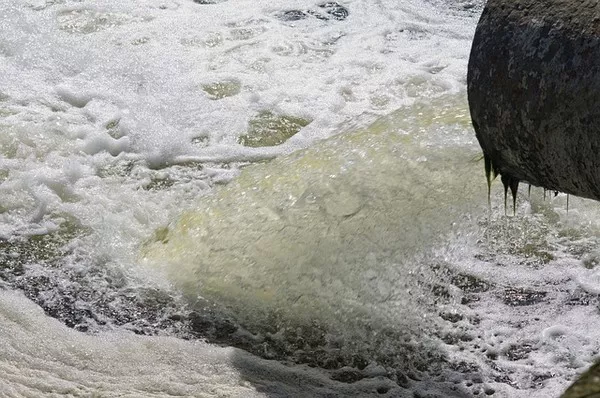In an era where environmental sustainability is at the forefront of global concerns, the treatment of wastewater emerges as a critical component in safeguarding our ecosystems and public health. Wastewater, often a byproduct of domestic, industrial, and agricultural activities, contains contaminants that can pose severe threats to water quality and biodiversity if left untreated. This article explores the multifaceted reasons why treating wastewater is of paramount importance, delving into environmental, social, and economic aspects that underscore the need for comprehensive wastewater management strategies.
Protection of Water Resources
Water, a finite resource, plays a central role in sustaining life on Earth. Uncontrolled discharge of untreated wastewater into rivers, lakes, and oceans jeopardizes water quality, making it unfit for consumption by humans and harmful to aquatic ecosystems. Contaminants such as pathogens, heavy metals, and chemicals present in untreated wastewater can lead to the eutrophication of water bodies, causing algal blooms and disrupting the delicate balance of aquatic ecosystems. By treating wastewater before its release, we can protect water resources and preserve the ecological integrity of our rivers and oceans.
Safeguarding Public Health
One of the most pressing reasons to treat wastewater is the direct impact it has on public health. Untreated wastewater can harbor pathogens and disease-causing microorganisms, presenting a significant risk of waterborne diseases such as cholera, dysentery, and typhoid. When wastewater is inadequately treated, it becomes a potential source of contamination for drinking water supplies and can lead to widespread outbreaks of waterborne illnesses. Proper wastewater treatment is, therefore, a fundamental measure to ensure the safety of drinking water and protect communities from the devastating consequences of waterborne diseases.
Mitigating Environmental Pollution
Wastewater contains a diverse array of pollutants, ranging from organic matter to synthetic chemicals, which can have deleterious effects on the environment. Persistent organic pollutants (POPs), pharmaceutical residues, and heavy metals can accumulate in soil and water, posing long-term threats to terrestrial and aquatic ecosystems. Treating wastewater helps mitigate environmental pollution by removing or reducing these harmful substances, preventing their entry into the environment and minimizing the ecological footprint of human activities.
Compliance with Regulatory Standards
Governments and environmental agencies worldwide have established stringent regulations and standards for the treatment of wastewater to protect the environment and public health. Compliance with these standards is not only a legal obligation but also essential for fostering a culture of responsible environmental stewardship. Wastewater treatment facilities that adhere to regulatory requirements contribute to the overall improvement of water quality, ensuring that discharged effluents meet established guidelines and do not harm the environment or human health.
Sustainable Water Management
The treatment of wastewater is integral to achieving sustainable water management practices. As populations grow and water demand increases, efficient use and reuse of water become imperative. Wastewater, when treated properly, can be reclaimed for various non-potable purposes such as agricultural irrigation, industrial processes, and urban landscaping. Adopting these practices helps alleviate pressure on freshwater sources, promotes resource efficiency, and contributes to a more sustainable and resilient water supply for communities.
Economic Benefits
Investing in wastewater treatment infrastructure generates significant economic benefits. Beyond avoiding the costs associated with environmental degradation and public health crises resulting from untreated wastewater, well-designed treatment systems create jobs, stimulate economic growth, and attract investments. Moreover, reusing treated wastewater in agriculture and industry reduces the demand for freshwater, leading to cost savings for these sectors. By viewing wastewater as a valuable resource rather than a disposable waste, societies can unlock economic opportunities while promoting environmental sustainability.
Conclusion
In conclusion, the treatment of wastewater is indispensable for safeguarding the environment, protecting public health, and fostering sustainable development. As the global population continues to grow and human activities intensify, the importance of comprehensive wastewater management cannot be overstated. By adopting advanced treatment technologies, adhering to regulatory standards, and promoting responsible water use, societies can ensure the effective and responsible management of wastewater. In doing so, we pave the way for a future where water resources are preserved, ecosystems thrive, and communities flourish in a clean and healthy environment.

